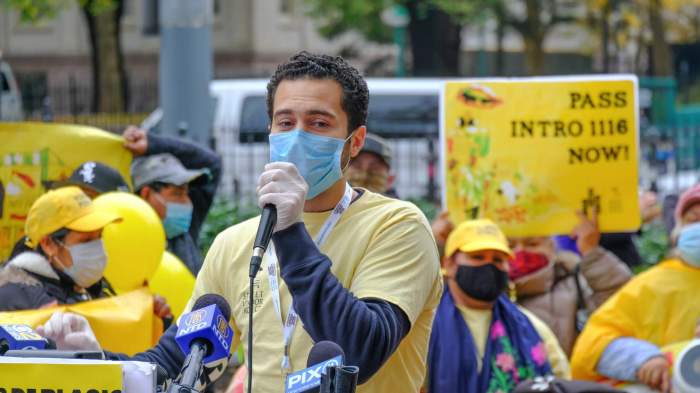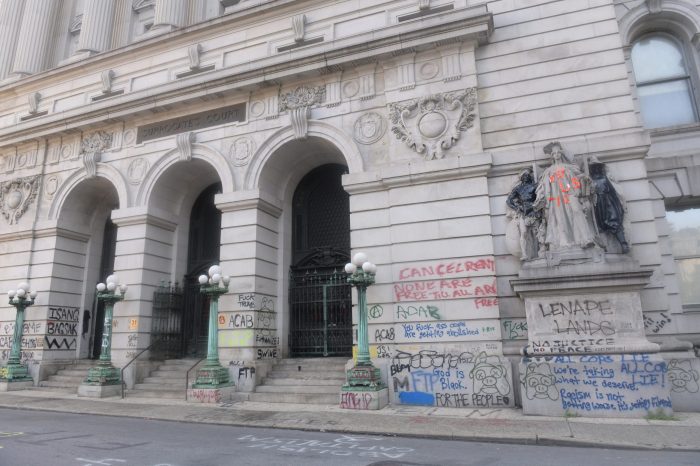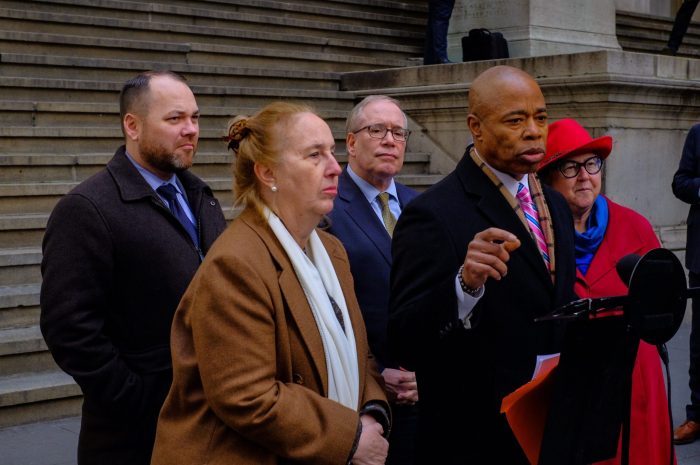City Council Member Keith Powers (D-Stuyvesant Town-Peter Cooper Village, Waterside Plaza, Tudor City, East Midtown, Midtown West, part of the UES) and the City Council this week approved JPMorgan’s new headquarters as the first site to utilize the City’s East Midtown Rezoning.
Powers led negotiations for improvements at the 270 Park Avenue site, which will result in thousands of new construction jobs for the city and pedestrian improvements in Midtown. The bank announced in February 2018 that it would remain in Midtown to rebuild its global headquarters after consideration of locations both in and out of New York City.
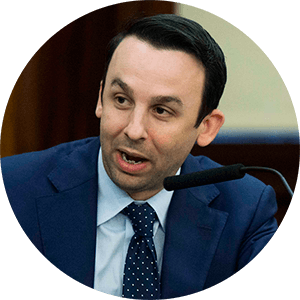
“JPMorgan’s plans for 270 Park Avenue exceed the vision for East Midtown Rezoning,” said Powers. “This development sets a precedent for what is possible for Midtown. The project fulfills the intention of the rezoning with more jobs and neighborhood improvements. I am hopeful others will use this as an example to bring substantial public impact. JPMorgan has been a conscientious partner in planning its new headquarters, and took input from the City and community in a way that will bring significant improvements to Midtown.”
As a part of the project, JPMorgan made a $42 million contribution to the public realm improvement fund following an air rights purchase from Grand Central Terminal in 2018, per the requirements of East Midtown Rezoning.
JPMorgan is expected to welcome back 14,000 jobs to its new headquarters upon the project’s completion, serving as the area’s largest employer. Demolition of the existing building has started and construction of the new building is projected to begin in January 2021. The project is expected to create 6,000 union construction jobs. As JPMorgan plans to demolish its existing building, all 175 current building maintenance staff have been relocated to office spaces occupied by the bank.
“Today’s City Council vote is a critical step in making the new JPMorgan Chase headquarters at 270 Park Avenue a reality. On behalf of our company, I’d like to thank the policy makers and public officials involved in the process for their constructive engagement throughout this process,” said Jamie Dimon, Chairman and CEO of JPMorgan Chase & Co., following the vote yesterday.
“City Council Member Powers has been a strong advocate to get to an outcome that is best for our company, the community and the City. I’d also like to thank the Speaker and the committee chairs on their leadership on this important issue. The vote today validates Chase’s commitment to New York City as our global headquarters and helps to ensure midtown remains a world class destination for business and New Yorkers,” Dimon added.
The zoning text amendment was modified through the Uniform Land Use Review Procedure (ULURP) with JPMorgan responding to feedback that increased the amount of public open space on the site from 7,000 to 10,000-square feet along Madison Avenue. The company has also committed to more than 35,000-square feet of sidewalk enhancements and open space at the street level.
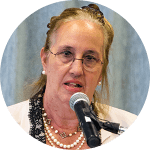
Manhattan Borough President Gale A. Brewer noted that JPMorgan’s new headquarters will provide public realm improvements and open space that brings vitality to their building and the area, assets that follow the major tenets of the East Midtown rezoning passed in 2017.
“I thank Councilmember Powers and Manhattan Community Board 5 for their diligent work throughout the public review process to help reap benefits above and beyond the rezoning,” said Brewer.
East Midtown was rezoned by the City Council in August 2017 to revitalize economic, business, and job growth in the central business district, while improving public open space and transportation in the 73-block commercial area.
According to the Department of City Planning, developers are incentivized to achieve maximum development through pre-identified transit improvements, the transfer of landmark air rights, or the rebuilding of overbuilt floor area. A significant component of the rezoning included the creation of a District Improvement Fund, also known as the public realm improvement fund, which developers contribute to in order to fund public improvements from the sale of landmark air rights.










